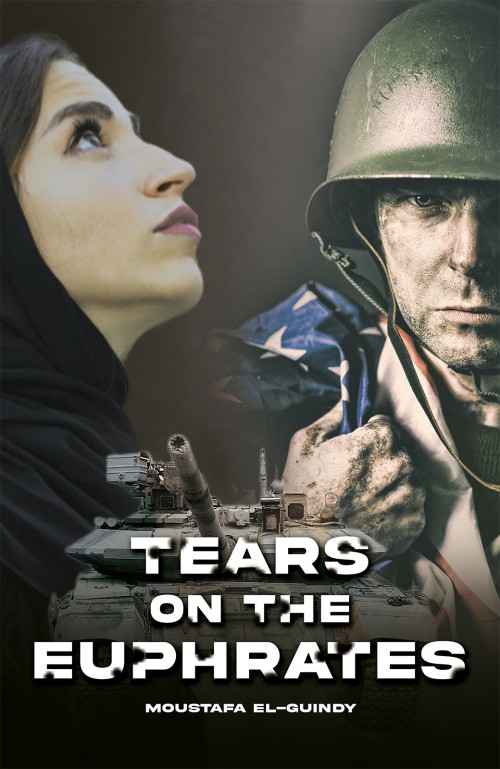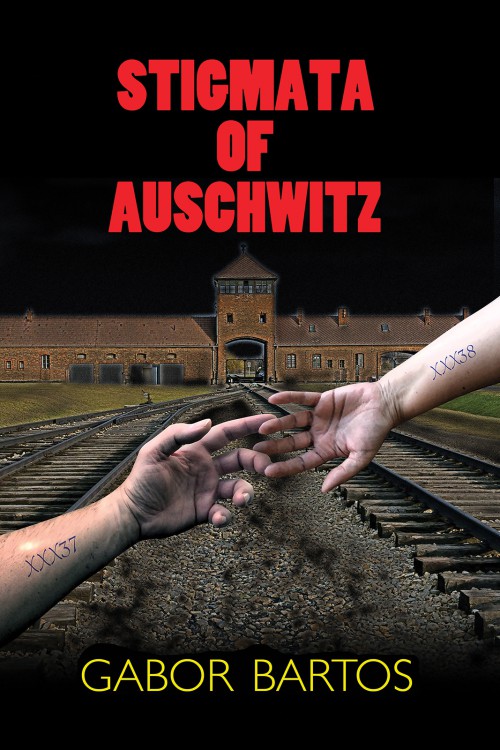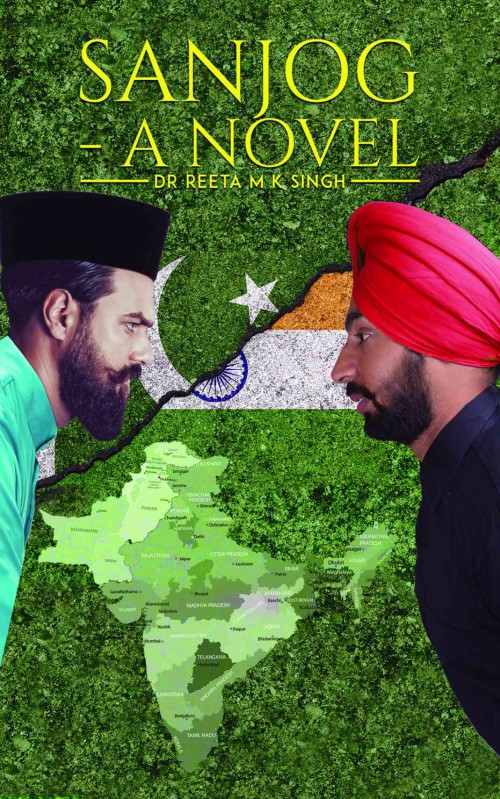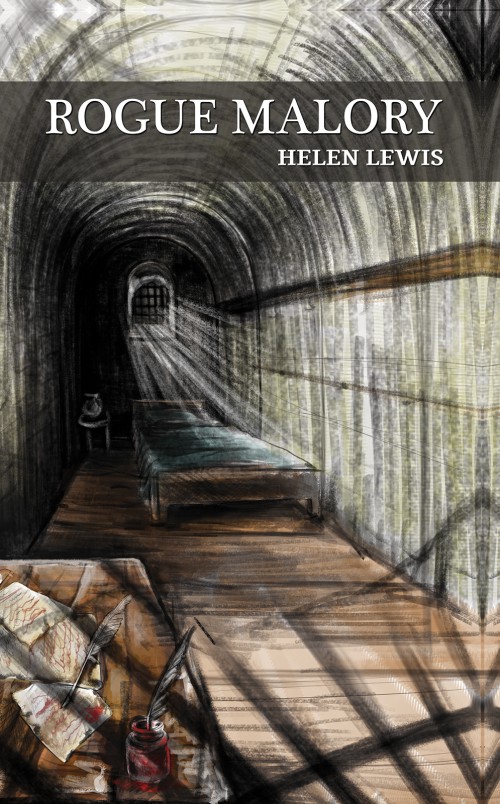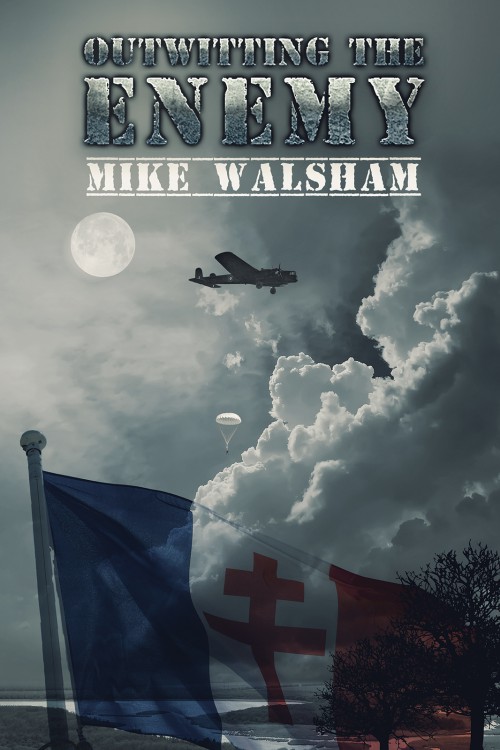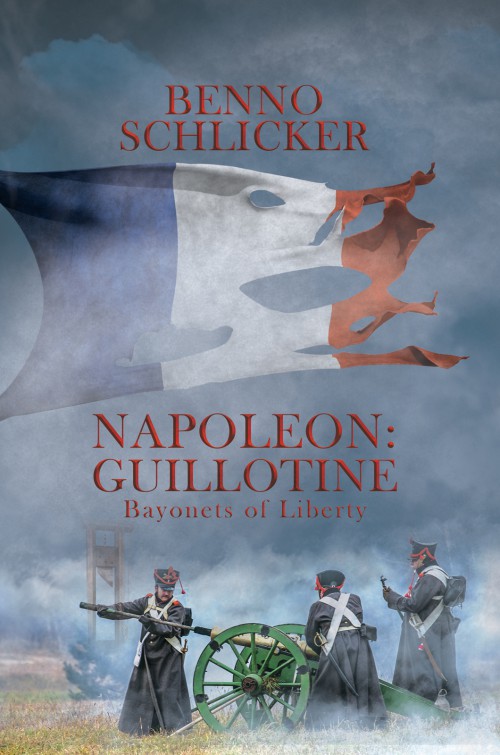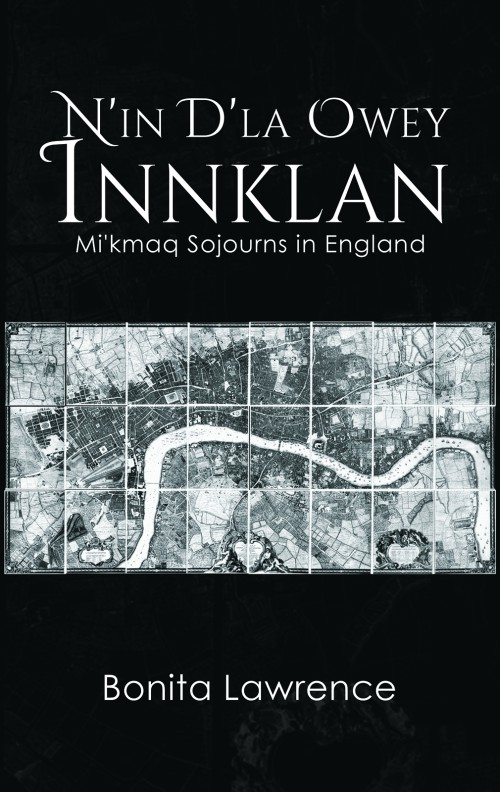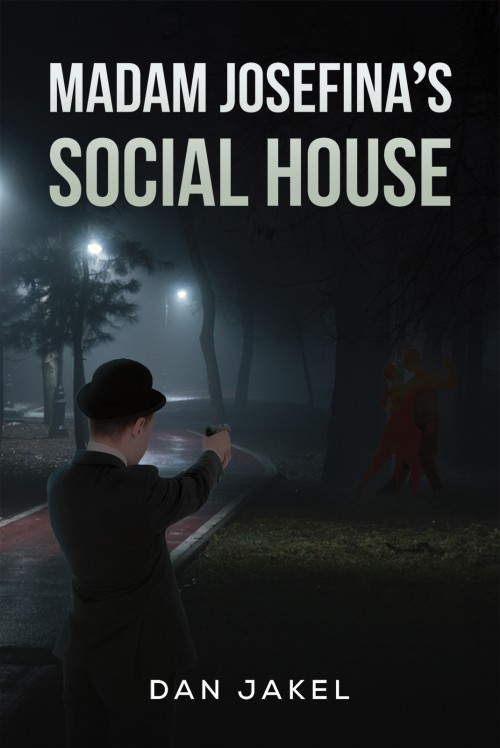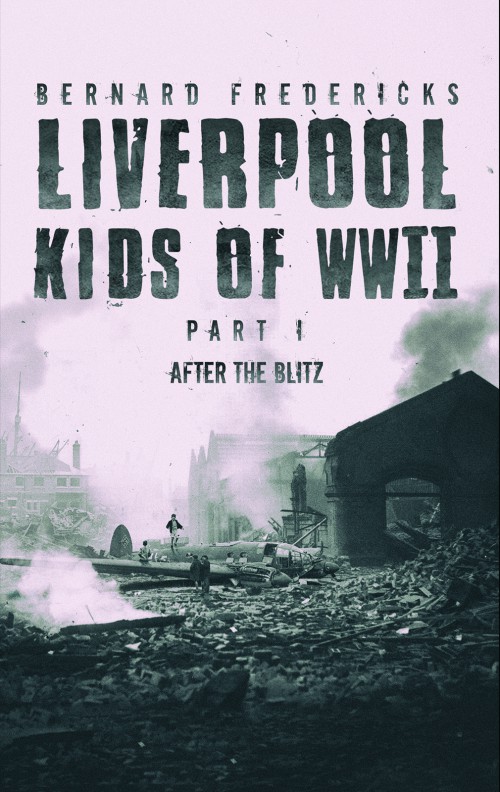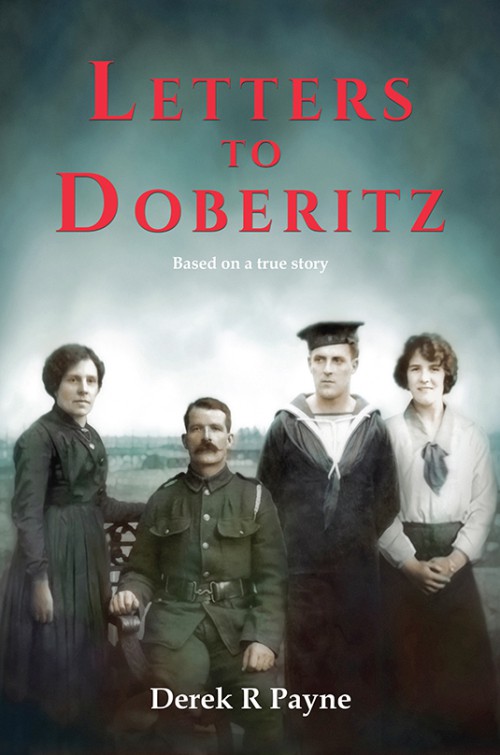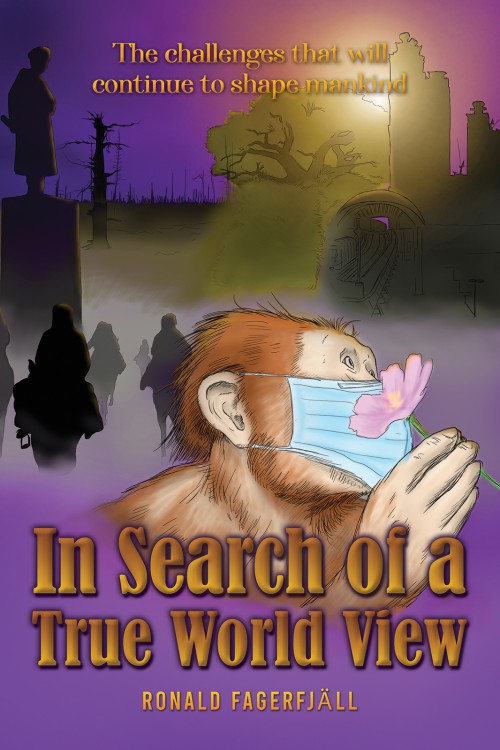-
Tears on the Euphrates
In a harrowing story of lost innocence and shattered identities, two young lives are swept up in a storm of calamity and betrayal. An Iraqi child, ripped from the warm embrace of his family, finds himself in the clutches of strangers in a foreign country. While the boy’s desperate family searches tirelessly for their beloved son, the kidnappers weave a web of lies to erase his past, forging a cruel destiny that will test the bonds of fraternity and love.Against a backdrop of global unrest, the stolen child and his unexpected natural brother try to forge their own paths, tied by a deep friendship, in a world torn apart by violence and deceit. From the uncontrollable violence in Afghanistan to the turbulent waters of the Euphrates, the destiny breaks the sky with a story of love between two who would never imagine loving each other. Among the rubble, death and destruction, the deepest, most real and sincere love story is born. A love rooted in the soul and deep in the heart. Love that glorifies life and means death; the threads of family, love and loyalty will be stretched to the breaking point.Tears on the Euphrates delves into the profound impact of family and identity amid the harsh realities of a world at war, intertwining the fates of two boys with the turbulent geopolitics that define the divide between East and West. Through their eyes, we explore the moving and unyielding search for truth, belonging, and redemption in a world yearning for hope.
£16.99 -
Stigmata of Auschwitz
The Stigmata of Auschwitz is the brief story of the life and love of Rebekah and Gabriel.
The two main characters of the story are a young Jewish couple whose lives bringing up their young child are cut short and sacrificed to an evil Nazi ideology.
The story takes place between March 1938 to September 1941, in the time of the Shoah (the Holocaust).
Gabriel is from Budapest in Hungary, where he is sent on a mission to Munkács in Western Ukraine. There he meets Rebekah. They fall in love, marry and settle in Munkács, where the population is 42% Jewish.
In Munkács Gabriel and Rebekah build up a successful business and public life: he becomes a councillor representing the Jewish community, while she is a member of the Union of Jewish Women. To complete their enviable lifestyle, they have a much-loved baby son.
But their dream is destroyed by the antisemitism unleashed at the outbreak of the Second World War; their life together is ruined by the ruling fascist elite. Consequently, they have departed to Auschwitz, where they are murdered.
However, their two-year-old son is rescued and raised by their neighbour.
£20.99 -
Sanjog A Novel
1946, Dehra Dun, India. The Radcliffe line is drawn and the largest mass migration in history is taking place. 1960, Nairobi, Kenya. A young man is starting a new life as an immigrant Indian with his young family. 2017, Halifax, Canada. A society wedding is bringing family, friends and foreigners together who have not seen each other for years. Three countries, two rivals, two female abductions. Set against a backdrop of post-partition India and Pakistan, 1960s' Kenya and modern-day Atlantic Canada, this tale follows the story of two families, united by heritage, torn apart by hatred. It retells the tragedies of partition violence and the fight to restore human dignity when all is lost. The story of families ripped apart and long-lost buried secrets finally culminate in an outpouring of pent-up grief and injustice that must be avenged. The plight of two women, bound together by history, yet torn apart by time. Sareeta desperately trying to reunite her family against the tides of bygone generations and migration. Gori trying to claw her way out of a poverty, inflicted on her by circumstance and revenge. Women so similar and yet so wildly apart that the idea of any reconciliation seems to be beyond reason. Accented with family recipes handed down through three generations, Sanjog - A Novel will take you back in time to one of the most turbulent events in human history and bring you through a story of love, malice and redemption.
£12.99 -
Rogue Malory
London, 1469. Rogue Malory sets out to show how, ‘comfortably imprisoned’ in Newgate Jail, Sir Thomas Malory works on his magnum opus, Le Morte D’Arthur, with the help of his scribe, Montmorency Pickle, his servant, John Appleby, and his stationer, Jack Worms. The story is an imagined account of the preparation of the famous manuscript, the true revelations of Sir Tom’s disreputable past and the factual events covering the final two years of the ongoing tussle for the crown between the Earl of Warwick and King Edward IV. A combination of real and imaginary events brings to life this arresting period of history.
Reluctantly, Monty and Jack become embroiled in Malory’s political machinations whilst also contending with his dissolute yet magnetic character. Whores, pimps, spies and officials pass in and out of Sir Tom’s cell, where he sits at its centre like a hilarious old spider weaving mischief.
£16.99 -
Outwitting the Enemy
Andrew was recruited into the British Secret Intelligence Service (SIS) in 1939 for his linguistic talents and other qualities suitable for working in the Service.
By early July 1940, he had already been sent on four missions including the sabotaging of a train carrying tank engines inside Germany, assisting in the evacuation of BEF soldiers from Dunkirk on one of the ‘small ships’ and surviving a number of life-threatening incidents when bringing King Haakon and the Norwegian cabinet from northern Norway to exile in London.
In November 1940, he is persuaded to help at Camp 020 with the interrogation of German spies captured in England; a few weeks later, he completed his naval officer training in Scotland and southern England.
With the Atlantic convoys being attacked by U-boats operating out of the German-occupied ports of Lorient and St Nazaire with heavy losses, he is sent at the end of March 1941 to spy on the building of the submarine pens for a possible raid by the RAF later in the year. He narrowly avoids being captured by the Wehrmacht and returns to London with vital information.
He undergoes parachute training in May 1941 before being dropped in NE France where he is escorted by a French Resistance group to Koblenz. His mission is to deal with a member of the SIS that had become a senior officer in the German intelligence service (the Abwehr). By some good fortune, he manages to escape by Lysander back to England.
The story is a most compelling, absorbing and attractive read with strong classical elements. It has a clean plot for the time period covered which develops and unfolds through a captivating storyline; the relatable cast of characters will keep the reader enraptured up to the very last page.
£16.99 -
Napoleon: Guillotine
King Louis is imprisoned. The Republican faction in Paris is growing stronger as the beat of the snare begins to ring in the ears of Europe. To quell the seething discontent of threats inside and outside of France, Napoleon is dragged into supporting a regime that has thrown away any pretence of Liberty in its quest to cover the globe. All the while Napoleon is forced to challenge his own traditions and overcome the pain of betrayal and exile from his home, to continually prove loyalty to a country that spurns him still. As the blade rasps down and the cruelty of those he serves becomes even more difficult to justify, Napoleon must strive to preserve his exiled family and navigate the unconscionable. As France struggles to survive the onslaught of foreign invasion, Napoleon must conquer an inner turmoil so raw and powerful that it drove him to the siege of Toulon and the beginning of greatness.
£16.99 -
N'in D'la Owey Innklan: Mi'kmaq Sojourns in England
This is a historical novel, beginning in 1497 and taking us, in a series of vignettes, through five centuries of interconnections between the Mi'kmaq people of Atlantic Canada and London. Each character begins their story in different regions of the Mi'kmaq world of the North American Atlantic Coast; they end up in various regions of London, ranging from the 16th-century Austin Friars monastery to 20th-century Limehouse. The novel encompasses descriptive scenes of London in different eras, alternately addressing the eroticism of lovers, the wide-ranging lives of whalers and sailors, the horrors of nursing during World War I and the overwrought world of heroin users in late 1970s' East London, interspersed with occasional short pages of intellectual commentary. Ultimately, it is a labour of love for homelands lost.
£15.99 -
Madam Josefina's Social House
Buenos Aires, 1904. A burgeoning city with a political class dominated by ruthless businessmen, a middle class harbouring disenchanted revolutionaries, and hundreds of thousands of working migrants, amongst whom anarchist ideologies are taking hold.Commissioner De La Fuente leads the Detective Division of the Police of the Capital. He’s got a strategy to rid the country of radicalized anarchists before their bombs start exploding, and to quell yet another bloody insurrection. He’s also ambitious, willing to do whatever it takes to obtain the exalted position of Chief of Police. He owns Madam Josefina’s Social House, a brothel, taking advantage of the indiscretions of the powerful to gain their support, through blackmail if necessary.Enter Sofia Montserrat, taking on the job of bookkeeper. She’s an idealistic aristocrat with a secret, writing social critiques for underground newspapers in her spare time. While hiding out from the Spanish authorities she discovers a deadly plot conceived by rogue elements of the police force. She could just let it run its course, but her conscience won’t allow it, and her decisions will have grave repercussions for herself and those she loves.Madam Josefina’s Social House is a historical thriller, which takes the reader from the sweeping landscapes and enduring poverty of Spain’s rural south to the tenements of metropolitan Buenos Aires. And an inconspicuous brothel, a place of erotic passion and Tango, a place where destinies collide.
£18.99 -
Liverpool Kids of WWII - Part 1
The Liverpool Blitz is over…
The seven-year-old boy who was evacuated in The Green Gates Story, comes home after many months away, and is faced with changes to his life: house moves, new districts, new faces…
No sweets, because Mum’s used the coupons for sugar.
What are bananas?
What’s ice-cream?
White bread?
Upon his return to his home city and with his evacuation experience behind him, he views his life ahead as a series of hurdles, but the War is ongoing…
Toys? – Pretend games and a good healthy imagination.
Free-time? – Fun of collecting waste paper, scrap metal, bones and rags, in support of the war effort.
His first trip into town, shopping with Mum, and the surprising sight of big blackened shells, once shops, now dark spaces between buildings, which had suffered direct hits, torn apart innards and burnt deposits.
Blast waves obliterating shop windows and doors of adjacent buildings, displaying:
Heaps of broken bricks
Shattered concrete supports
Splintered wood floors hanging drunkenly, with massive heaps of dust and debris deposited on the piled remains, awaiting attention and clearance.
How to cope with the unnecessary death of a classmate, killed at play, after accidentally falling through the blitzed roof of an unsafe bomb-damaged house?
When the supply and demands of shortages cause the theft of a family bicycle.
Kids discovering the incomprehensible: German POWs sitting smoking, chatting and laughing, employed in collecting and stacking usable bricks from a bomb site, watched by a grey-haired bespectacled British soldier sat in his parked army lorry when he was not reading a dog-eared copy of Lilliput magazine.
Same kids, frowning and mindful of captured British soldiers packed into overcrowded huts inside barbed-wire enclosures, overlooked by machine-gun towers, in the Fatherland!£12.99 -
Letters to Doberitz
This unique and compelling story has laid dormant for a 100 years. Inspired by real events and based on my own family during the First World War, Letters to Doberitz is set between a German prison-of-war camp, the battlefields of France and family back in Bristol, as father and son endure very different wars. These were real people. They are my ancestors and family who left an extraordinary tale to be told. A lie is made in the name of love, with letters written compounding the deceit for years, all to protect the man that they loved. This is their truly unique story.
£15.99 -
Jack Wolf
You will be brothers, you will see death and destruction, you will be expected to run into fire when every other living thing runs away, you will work long shifts, days, nights, Saturdays, Sundays, high days and holidays, Christmas days and your birthdays. You will be injured and burned, and don’t kid yourself it won’t happen to you, it will. And consider this: On average two firemen are killed each year in service. You are expected to do this job for thirty years. Nobody wants to pay you decent wages, they will tell you that you sit around all day, play snooker and squirt water for a living. You will be like Cinderella… you will live, eat and sleep behind the red engine house doors and when called to serve, when the fire bell rings you will answer their call, their fear and their alarm. You will risk your life for a stranger, someone you never knew or will ever know and when the alarm has passed, when you are exhausted and done, you will return to the fire station, close those red engine house doors behind you and lick your wounds.
We are their insurance; they never want us, until they want us, then briefly, briefly, we are heroes.
£15.99 -
In Search of a True World View
Will utopian teachings and totalitarian regimes shape the future of humanity? Ronald Fagerfjäll, nestor among Sweden’s financial journalists, does not believe that at all. Religions only reflect a bygone era when men guarded herds of cattle and young women became barter for creating bonds between clans. And totalitarian regimes were formerly the general norm because something better had yet to be invented. An infallible leader quickly stifles the ability of his subjects to solve problems.
The obsolete is cleared out as economic, technological, and cultural evolution continues relentlessly, driven by millions of change projects and billions of free citizens. In knowledge economies, neither feverish fantasies nor feudal structures fit in. We cannot know our future with any certainty, but still, we create it ourselves by solving one concrete problem after another.
What does an evidence-based history of humanity look like? Our biological development was first and foremost a result of a fierce struggle for survival higher up in the food chain, first as scavengers and then as hunters. It required ever better ability to cooperate as well as constant development of weapons and tools. The fact that some 40 ice ages and countless volcanic winters passed during millions of years pushed the early people close to extinction and accelerated cultural development.
From this eye of the needle came Homo Sapiens, a species which could meet the threat from nature with innovations, stories, and cultures. Fagerfjäll has been working on his history book for four decades, but it is only now, when researchers have been able to take a closer look at both the life itself and the history of the planet, that the tale has been completed.
For anyone who doubts humanity’s ability to deal with today’s problems, this is a vaccination against pessimism.
£22.99

